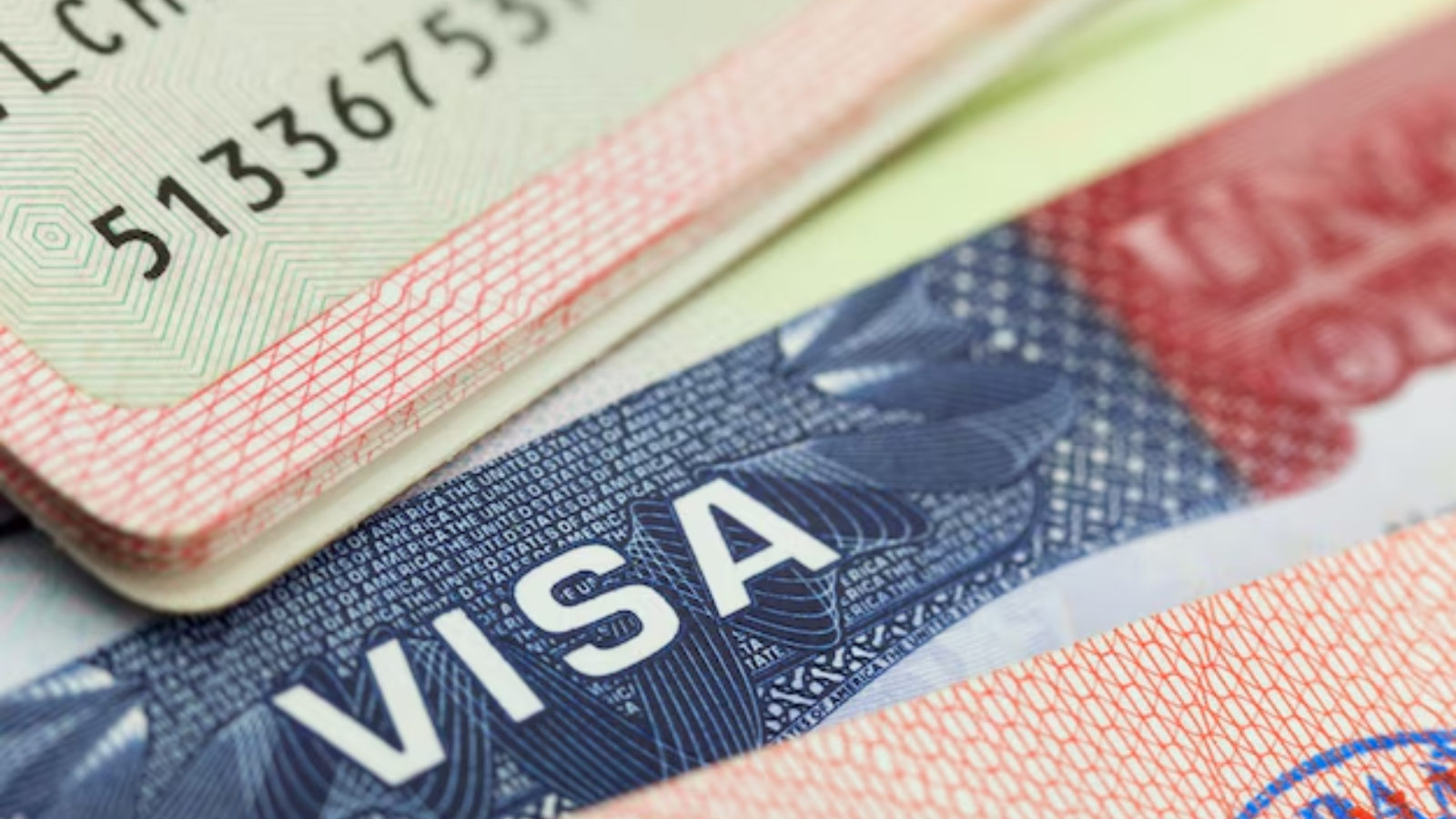
Renewal of US work and student visas is facing yet another roadblock, as the Trump administration is set to eliminate the interview waiver provision effective September 2. This is expected to increase interview wait time, impacting many companies that employ workers on H-1B visas as well as students, say immigration experts.
The US Department of State on July 25 announced that all non-immigrant visa applicants barring B1/B2 categories will require in-person interview. The requirement will also cover the previously excluded category of children below 14 years of age and elderly applicants aged over 79 years. “With the interview waiver, applicants were able to get an appointment in less than a month to drop the documents,” said Gnanamookan Senthurjothi, founder of immigration platform Visa Code. “But the process will further increase (now) and with the current job scenario, this will impact highly skilled worker jobs, similar to what is playing out for students,” he said.
There is also not much clarity on interviews scheduled after September 2. Many Indians have scheduled appointments in India for H-1B renewals with the interview waiver after September 2 for their families, which is now in a limbo, Senthurjothi said. “It is not clear if they need to book a new appointment.”
Before Covid-19, interview waivers were restricted to certain visa categories or people. After the pandemic, the US expanded the scope of waivers to manage visa application backlogs. The difference between then and now is the increasing scrutiny around visa issuance and renewals.
H-1B renewals under stress
Sukanya Raman, country head, India & GCC Practice Team, Davies & Associates, said the level of scrutiny has increased not just at the consulate level but also at port of entry, where multiple verifications are done. Immigration experts are also seeing increasing demand for biometrics from H-1B workers and requests for evidence (RFEs) related to workers’ arrest records.
“Following the biometrics appointment, depending on the individual’s circumstances, the USCIS (US Citizenship and Immigration Services) may issue another RFE related to the beneficiary’s arrest record,” said Joel Yanovich, immigration attorney at Murthy Law Firm.

